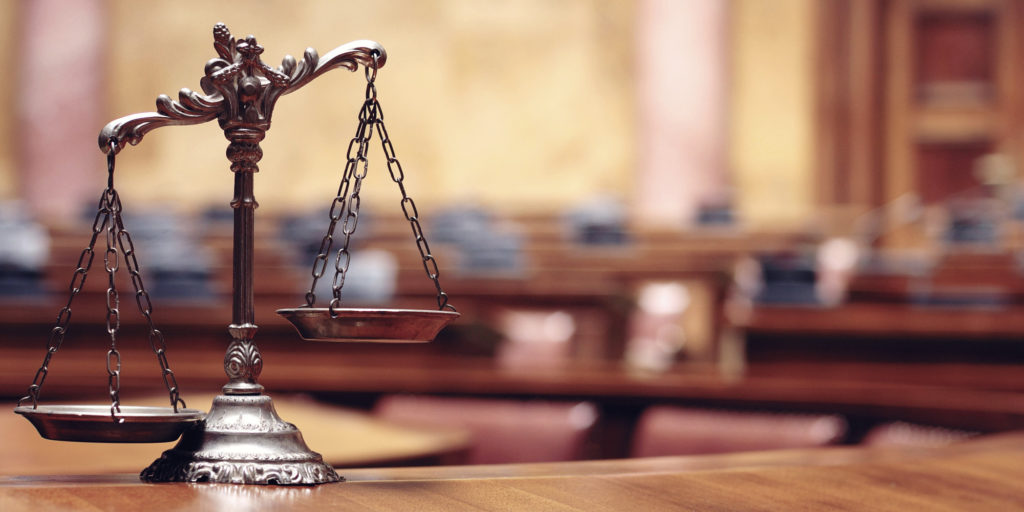
Prevention of Atrocity Act and Casteist Judgment of the Court
India’s constitution gave top priority to the abolition of untouchability by positioning the Article at the top position in the hierarchy of rights in part III of the constitution. The constitution is the highest law of the land and all the subsequent codes and or even the codes preceding the constitution must be ruled by taking the constitution as the highest legal document. But the Supreme Court judges who diluted the Atrocity Act in the recent casteist judgment seem to have no love for the constitutional mandate.
The subsequent acts like the Protection of Civil Rights Act which came into being as early as 1955 and replaced later by more clearer and more stringent law “The Prevention of Atrocity Act, 1989” and more recently revised act after so many individual activists and organisations worked together to put in place the rules is rendered ridiculous by the casteist judgment of the court.
The Law is not misused. A good law is a good law, it is the agency of the people that use or misuses the law. And this simple logic leads to the conclusion that there is nothing wrong with the law. The victims or the weaker sections misusing the law is like saying that they are the perpetrators and strong. The law came into force because there is a practice of untouchability that comes in many shapes, forms, and practiced in many sites. The law is meant to stop it and detain the people from practicing it.
In the RSS/BJP regime, the respect for law and the respect for equality is already trampled. There are many cases of the violation of the legitimate rights of the SCs and STs under the RSS/BJP regime.
In a perhaps desperate move, the MPs within the BJP itself are now raising their voices. The voice is emerging, but it should emerge from every assembly of India and every people’s forum that enough is enough about the discrimination based on caste, if that cannot be tackled, there is a sure legal mechanism to tackle that and undermining that mechanism by Supreme Court must amount to questioning the role of the judges and their commitment to the social justice in India.
Author – Mangesh Dahiwale




The highest court consists of lawyers mostly from upper – class brahmins and others who support brahminism. Hence, they find fault even with good laws but fail to recognise the fact that implementation is in the hands of upper castes and mostly brahmins